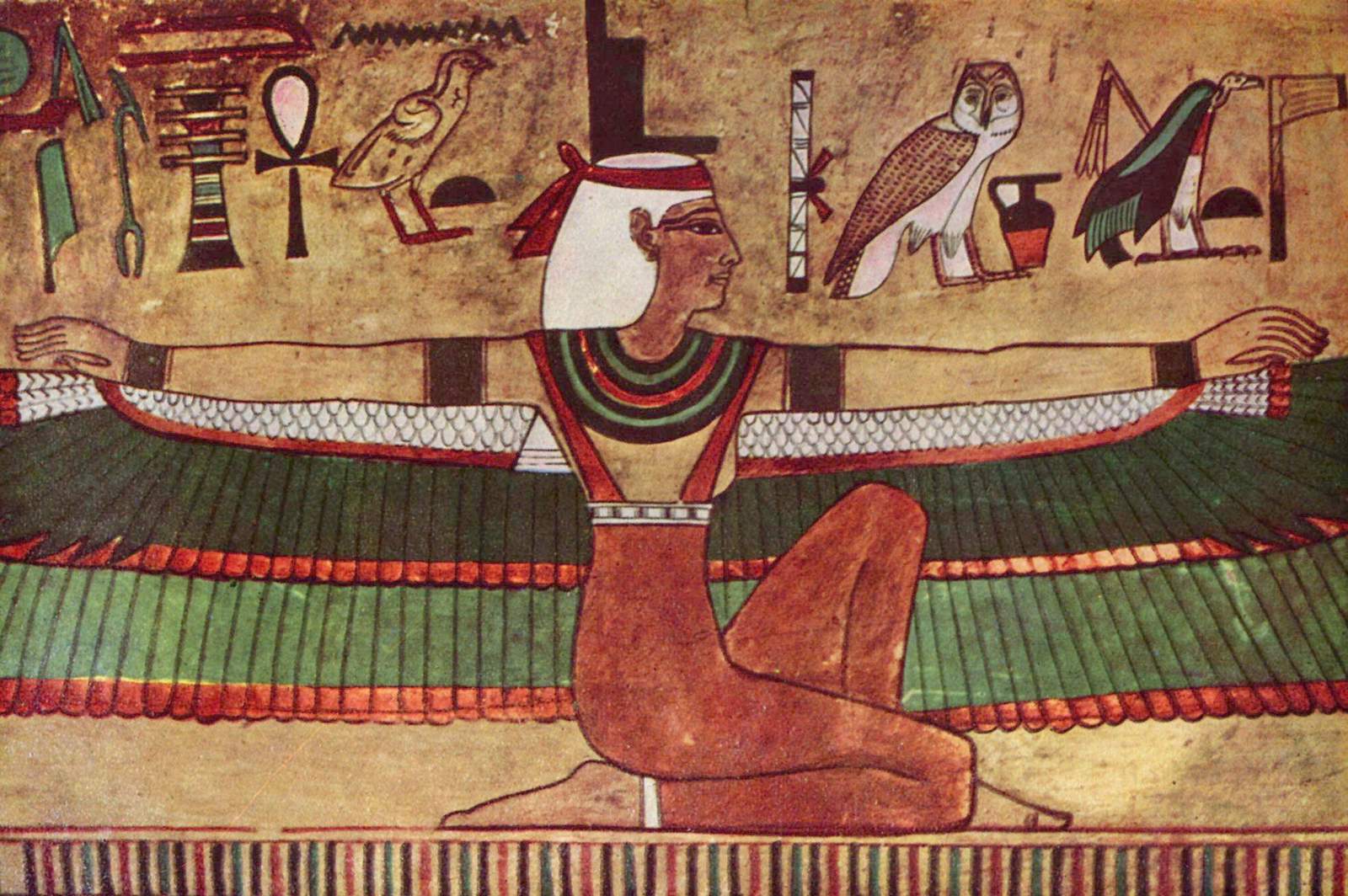This Baby Name's Popularity Has Plummeted — And It's No Surprise Why

Get the world’s most fascinating discoveries delivered straight to your inbox.
You are now subscribed
Your newsletter sign-up was successful
Want to add more newsletters?

Delivered Daily
Daily Newsletter
Sign up for the latest discoveries, groundbreaking research and fascinating breakthroughs that impact you and the wider world direct to your inbox.

Once a week
Life's Little Mysteries
Feed your curiosity with an exclusive mystery every week, solved with science and delivered direct to your inbox before it's seen anywhere else.

Once a week
How It Works
Sign up to our free science & technology newsletter for your weekly fix of fascinating articles, quick quizzes, amazing images, and more

Delivered daily
Space.com Newsletter
Breaking space news, the latest updates on rocket launches, skywatching events and more!

Once a month
Watch This Space
Sign up to our monthly entertainment newsletter to keep up with all our coverage of the latest sci-fi and space movies, tv shows, games and books.

Once a week
Night Sky This Week
Discover this week's must-see night sky events, moon phases, and stunning astrophotos. Sign up for our skywatching newsletter and explore the universe with us!
Join the club
Get full access to premium articles, exclusive features and a growing list of member rewards.
For new parents puzzling over what to name their baby, the easiest part of the decision can sometimes be agreeing on the one name that they absolutely do not want. Last year, one single name stood out above all others as the name to avoid at all costs — even though it had been steadily rising in popularity for the past several decades.
Throughout 2015 in the U.S., there was a steep downward turn in the number of people who named their child "Isis."
Before "ISIS" became associated with the name of the Islamic State militant group, the name "Isis" had long been linked to the revered Egyptian goddess of the same name. Isis was one of the oldest deities in the pantheon and was linked to a general sense of female empowerment, according to Laura Wattenberg, author of "The Baby Name Wizard: A Magical Method for Finding the Perfect Name for Your Baby" (Three Rivers Press, 2013). [The 50 Most Popular Baby Names of 2015]
But the recent rise of the ISIS militant organization eclipsed associations with the name. As a result, new parents who might have previously found "Isis" attractive were looking elsewhere.
Goddess no longer
Wattenberg, founder of the baby-name website babynamewizard.com, recently assessed popularity trends among 2015's baby names, and evaluated the "Isis" decline. She estimated that it dropped in popularity in the U.S. by 70.5 percent in just one year — the biggest one-year drop seen in any name in history, based on records compiled by the U.S. Social Security Administration (SSA).
"The percentage drop in Isis was unprecedented for a name that had many years of steady usage," Wattenberg told Live Science. "That's where it's really remarkable for a name to fall off the cliff."
Wattenberg told Live Science that "Isis" was a go-to name choice for decades, beginning in the mid-1990s. Perhaps parents who were naming their babies then recalled the 1975 Bob Dylan song "Isis", "The Secrets of Isis" TV show from the mid-1970s — about a science teacher who acquired superpowers after discovering an Egyptian amulet at an archaeological dig site — or the DC Comics superhero modeled on the TV character.
Get the world’s most fascinating discoveries delivered straight to your inbox.
"All sorts of different positive associations have been undercut," Wattenberg told Live Science. She said the name "Iris" rose quite a bit in the ranks in 2015 — possibly because some parents liked the sound of "Isis" but balked at the negative image it now conjures.
"I wonder if parents who might have, in the past, liked the name Isis might have moved one letter away," Wattenberg said.
The politics of naming
But that profoundly negative association is only part of the story, Wattenberg said. Even before ISIS was in the public eye, names linked to politics in any way had been steadily declining in popularity since the 1970s.
"Parents today tend to avoid political names," Wattenberg said. "This is a huge change from past generations, when they used to name babies after presidents, presidential candidates, even generals who had won important battles."
Some politically inspired names are still popular choices — but only if the person who originally carried the name is dead.
"Madison, Jefferson, Jackson — these have all been popular," Wattenberg added. "And when Ronald Reagan passed on, there were suddenly a lot more "'Reagans.'"
Does this mean we could see a resurgence of interest in the name "Hamilton," based on the wildly successful Broadway musical about the "10-dollar founding father"?
"There's a bit of a nickname challenge for that one," Wattenberg laughed. "But I'll be watching for it next year."
Follow Mindy Weisberger on Twitter and Google+. Follow us @livescience, Facebook & Google+. Original article on Live Science.

Mindy Weisberger is a science journalist and author of "Rise of the Zombie Bugs: The Surprising Science of Parasitic Mind-Control" (Hopkins Press). She formerly edited for Scholastic and was a channel editor and senior writer for Live Science. She has reported on general science, covering climate change, paleontology, biology and space. Mindy studied film at Columbia University; prior to LS, she produced, wrote and directed media for the American Museum of Natural History in NYC. Her videos about dinosaurs, astrophysics, biodiversity and evolution appear in museums and science centers worldwide, earning awards such as the CINE Golden Eagle and the Communicator Award of Excellence. Her writing has also appeared in Scientific American, The Washington Post, How It Works Magazine and CNN.
 Live Science Plus
Live Science Plus











